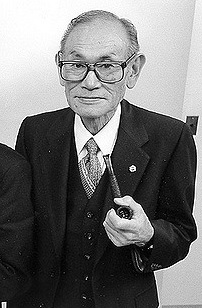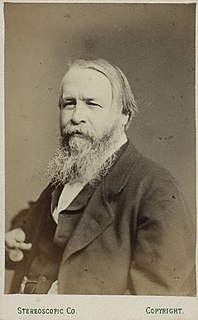A Quote by Glenn Reynolds
As the interned American citizens of Japanese descent learned, the Bill of Rights provided them with little protection when it was needed.
Related Quotes
You don't know who the next group is that's unpopular. The Bill of Rights isn't for the prom queen. The bill of rights isn't for the high school quarterback. The Bill of Rights is for the least among us. The Bill of Rights is for minorities. The Bill of Rights is for those who have minority opinions.
In my judgment the people of no nation can lose their liberty so long as a Bill of Rights like ours survives and its basic purposes are conscientiously interpreted, enforced and respected so as to afford continuous protection against old, as well as new, devices and practices which might thwart those purposes. I fear to see the consequences of the Court's practice of substituting its own concepts of decency and fundamental justice for the language of the Bill of Rights as its point of departure in interpreting and enforcing that Bill of Rights.
Painful as it may be to hear it, there's nothing special about the people of this country that sets them apart from the other people of the world. It is the Bill of Rights, and only the Bill of Rights, that keeps us from becoming the world's biggest banana republic. The moment we forget that, the American Dream is over.
Revealingly, the central function of the Constitution as law--the supreme law--was to impose limitations not on the behavior of ordinary citizens but on the federal government. The government, and those who ran it, were not placed outside the law, but expressly targeted by it. Indeed, the Bill of Rights is little more than a description of the lines that the most powerful political officials are barred from crossing, even if they have the power to do so and even when the majority of citizens might wish them to do so.


































